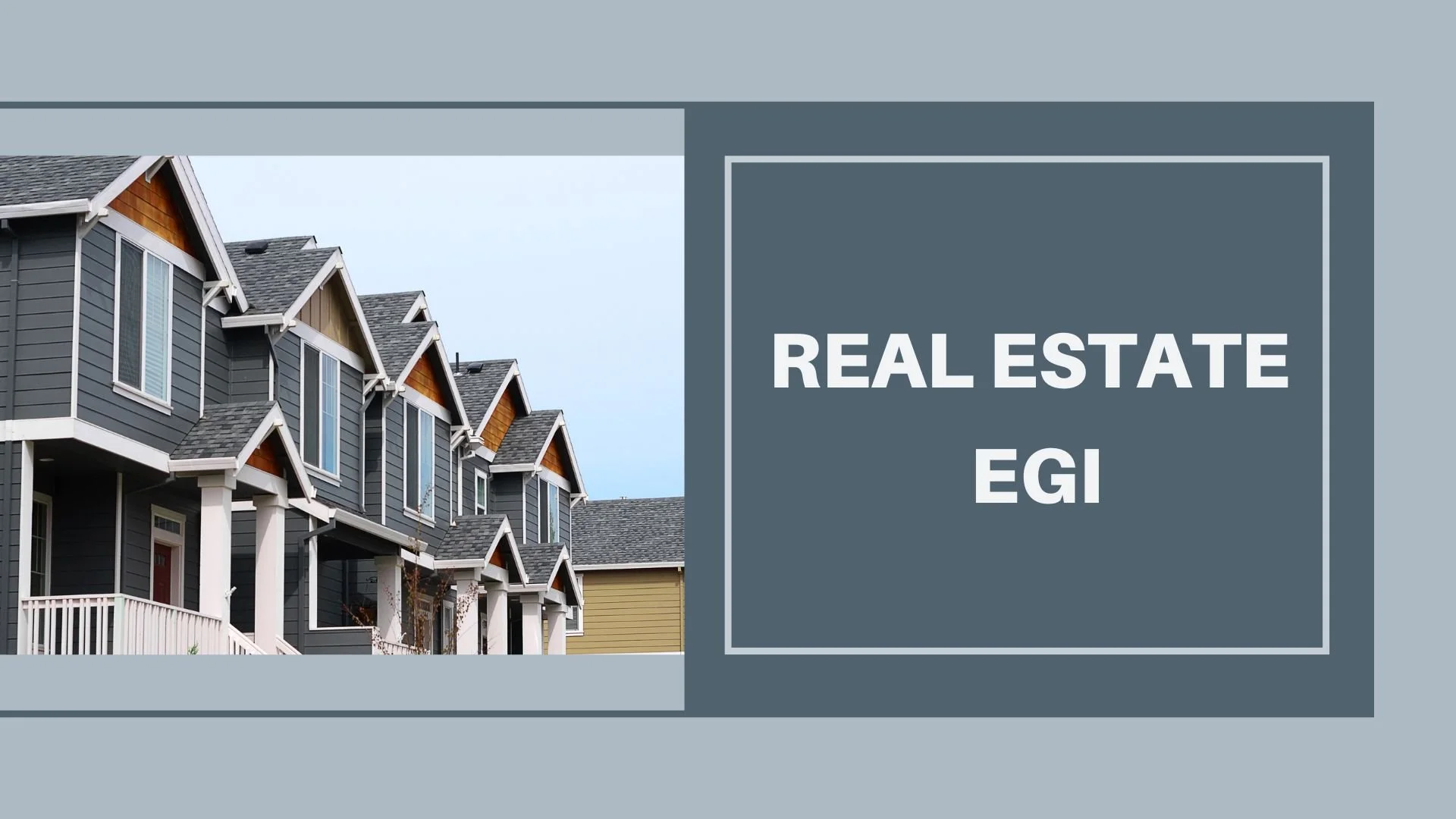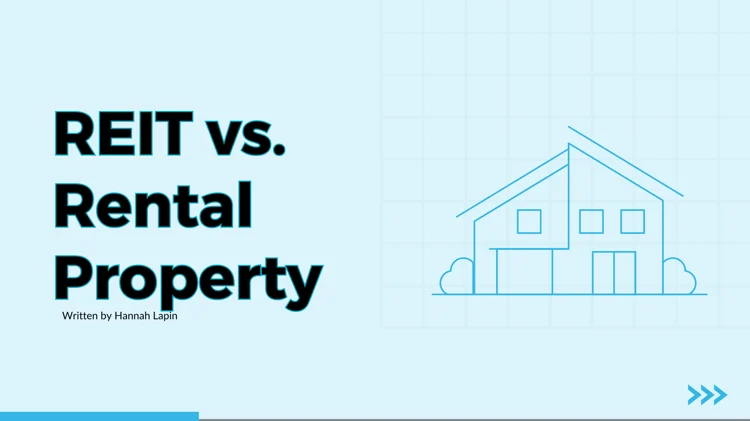Interest rates have a major impact on commercial real estate loans, as they greatly change your monthly payment. A loan’s interest rate depends on general market conditions, your personal credit history, and the type of loan you’re pursuing.
For example, short-term loans like hard money loans tend to have very high interest rates because there is less time to collect interest, while a 30-year fixed-rate will have a lower rate.
While different lenders will have varying rates for a commercial real estate loan, all use a similar formula for calculating interest rates.
What Is the Commercial Loan Rate?
Commercial loan rates are the interest that private lenders charge to borrowers in exchange for financing their commercial loan. It is generally expressed as an annual percentage rate, which is the percentage of the principal that you pay back in a year to your lender.
For example, if you borrow $100,000 with an 8% APR, you would pay approximately $8,000 in interest the first year.
Over the amortization period, the ratio of principal to interest in your mortgage payment moves toward the principal, meaning you are paying less in interest and more on the original loan amount.
What Factors Determine Commercial Loan Rates?
Private money lenders use a complex commercial loan calculator that incorporates multiple variables to identify the interest rate they are willing to provide a borrower. Some of the element of these interest rate loan calculators include the following.
Federal Funds Target Rate
The federal fund target rate is the interest rate at which banks and credit unions lend reserves to one another overnight. This is set by the the Federal Open Market Committee (FOMOC); it is used by the Federal Reserve to monitor the health of the economy and limit inflation.
The federal funds target rate influences the interest rates provided by lending institutions to consumers, which includes commercial mortgages. One can see this as the “floor” for commercial real estate loans, as private lenders are unlikely to provide an interest rate below this threshold. Currently, that rate is 5.25% to 5.5%.
Market Interest Rates
Interest rates in the real estate market overall influence rates for all borrowers. A commercial real estate loan tends to be several points above that for a residential conventional mortgage. Given that mortgage interest rates are quite high for consumers, they are also high for commercial loans, too.
Prime Rates
Prime rates are the interest rates that a lender would provide to the most well-qualified borrower for personal loans or commercial loan. They will then raise rates for less qualified borrowers using this benchmark.
Someone with an excellent personal credit score, a low Loan-to-Value (LTV) ratio, and a high return on investment could currently get a commercial mortgage loan for 8.5%, while others should expect higher. Prime rates tend to be about 3% above federal funds rates.
Profit Margin
Even if you are not getting a DSCR loan, the debt service coverage ratio is an important element of calculating interest rates. This ratio identifies how well the property covers the debt repayment, which lowers the risk for private lenders.
DSCR mortgage calculators are a simple way to identify the cash flow of your preferred property, helping you see if it will qualify for commercial real estate loans.
Property Type
Some commercial property types are riskier than others, such as large office buildings in major cities. Commercial properties with a history of high vacancy and frequent turnover may be subject to higher interest rates, and some lenders may refuse to finance them. If you want to develop land, you may have higher interest rates because this is seen as a riskier investment.
Credit Score
Included in a commercial mortgage calculator is your personal credit score or your business’s credit score, as this identifies your creditworthiness. Most banks expect a credit score of at least 660. Those with higher scores can get better interest rates, while those lower than this may be expected to provide a larger down payment in return for a good interest rate.
Risk Assessment
A lender’s risk assessment is based both on your personal credit history and the business environment in which you operate.
For example, a well-established certified development company looking to construct office buildings will be seen as less risky as they have a track record of success, even if market conditions for their particular niche are currently disadvantageous.
Startups working in highly specialized fields may be subject to higher rates for a commercial real estate loan regardless of their credit score.
Collateral
Many commercial loans utilize the property you are purchasing as collateral, so the property value of your purchase can also impact your interest rates. A high-value property in a prosperous market will be viewed more favorably by a commercial loan calculator than a cheap office building in a small town.
Loan Term
Typically, the longer the loan term, the better rate you can get, because the total interest payment over time will be larger for the lender.
Bridge loans, which are usually for a maximum of 36 months, typically have very high interest rates. You’ll have to pay the full loan amount by the end of the term, called a balloon payment.
Loan-to-Value Ratio
The loan-to-value ratio (LTV) refers to how much the lender is providing to cover the purchase price as opposed to what you are providing through a down payment. The lower your LTV, the better loan rates you can access.
How to Get a Good Commercial Loan Rate
Everyone seeking a commercial mortgage wants to get the best deal so that they can optimize their cash flow, but this can be challenging when there are so many options.
Keep the following factors in mind as you shop for a commercial real estate loan in order to increase your chances of success.
Assess Market Conditions
Loans with variable rates may be quite low in the beginning but rise with market conditions.
Given that you’re likely going to get a variable rate loan (as most commercial mortgage rates fluctuate), you need to identify current market conditions and their future movements. Use trusted resources to assess potential changes and decide whether it’s a good time to buy.
Improve Your Borrower Profile
You want to be as close to the prime rate as possible, and this is only possible if you improve your creditworthiness.
Pay other debts, particularly bridge loans. Even though they don’t show up on a credit report, they do appear in a background check, and you don’t want this to imperil your chances of getting an advantageous loan rate.
A loan calculator can be helpful, as it shows you how much better your rate could be if you provided a greater upfront payment or raised your credit score by several points.
Prepare a Strong Business Plan
Most lenders want proof of your business plan, as this helps them assess whether you are likely to stay in business or suffer financial hardship.
Use research, statistics, and financial documentation to prove that your company is performing well enough to afford the loan amount you’re requesting.
Gather the Necessary Documentation
The loan-to-value ratio (LTV) refers to how much the lender is providing to cover the purchase price as opposed
Loan-to-Value Ratio
Having a protracted approval process can put you at risk of getting a higher rate as market conditions shift, so increase your chances of a fast approval by putting together all the documentation you will need ahead of time.
This should include information about your personal financial circumstances, your business’s financial statements, and the property you would like to purchase. Get the building appraised to identify its value, as this will help the lender see right away that it is worth the loan amount you have in mind.
Choose the Correct Loan for Your Needs
You have many loan options for commercial residential property. These include conventional commercial mortgages, DSCR loans, hard money loans, and conduit loans.
While the interest rate is important, so is the amortization period. Being able to pay over a period of many years can help you build more equity, and you can always refinance later in order to purchase more properties through a cash out refinance.
Private investors with lower credit scores may struggle to be approved for a commercial mortgage and may need to turn to a hard money loan, also known as a bridge loan. This is a short-term loan product that allows you access to quick capital.
However, even if they have attractive introductory rates, the actual cost may be much higher thanks to balloon payments at the end of the term. You should only use a hard money loan if you’re certain that you can either refinance it to avoid the balloon payment or if you have no other recourse.
Compare Lenders
Once you have decided which commercial mortgage loan product you would like to pursue, you need to perform a careful investigation of your lender options.
Every lender has different requirements, and they will provide you with different rates based on their own calculations. Many will allow you to request a quote without a credit check. Go through them and assess their loan terms, rates, and overall trustworthiness.
Negotiate Whenever Possible
As a business leader, you know how criticial it is to negotiate, even in circumstances that may appear clear cut. Find evidence of what metrics determine the company’s prime rate, then provide evidence of how closely you match that profile.
If your lender does not want to approve your requested loan amount, provide documentation of your creditworthiness and ask them to reconsider. You can also show proof of what other lenders have been willing to offer you in order to help them identify what rates you are entitled to.
Key Takeaways
Commercial loan rates are determined based on indexes which identify a base rate. Next, the margin, which is based on market conditions and your personal circumstances, are included to create the final rate.
This includes the prime rate, which is given to the most creditworthy borrowers; the federal funds target rate, which the Federal Reserve uses to monitor inflation, and the yields of US Treasury bonds.
While you don’t have total control over loan rates for commercial mortgages, you can increase your changes of getting close to the prime rate by improving your finances and negotiating with your lender.
Use a loan calculator before applying to assess how much you can improve your rate by providing a bigger down payment or improving your credit score. Above all, inform yourself about your many loan options and choose carefully so that you find the right product for your needs.
What is a good interest rate on a commercial loan?
The best rates for commercial real estate loans start at around 6% and go up to 15%.
What is the best commercial rate interest?
The best commercial rate interest is a fixed interest rate. If you correctly time the market, you can get a very advantageous interest rate that will remain the same through the life of the loan, protecting you from higher rates as the market changes. Your monthly payments will remain the same, allowing you to more easily budget around this fixed cost.
What is the lowest interest rate for commercial property?
The lowest interest rates are for a Small Business Administration loan, which ranges from 2.2% to 2.4%. These loans allow small business owners to purchase real estate as well as finance other business needs. However, there are strict eligibility requirements and long processing times, which makes it less suitable for commercial real estate financing than those with higher interest rates.
Why are high interest rates bad for commercial real estate?
High interest rates inflate the overall cost of your loan amount, leading to a higher mortgage payment that cuts into your profit. It can also make it difficult to pay other expenses, imperiling your overall business. It’s critical that you find a way to lower monthly payments by carefully reviewing commercial loan terms and shopping for the best rates.
What is the highest LTV for a commercial loan?
On average, the highest LTV is 75%, but some specialized commercial mortgage programs can be as high as 90%. These are for very well-qualified borrowers with a high credit score, and they are difficult to qualify for. In general, you should expect an LTV between 70% and 75%.
What is the prime lending rate for commercial banks?
The prime rate is the lowest interest rate that a commercial bank will provide their most well-qualified borrower. It is what all other commercial loans are based off for the given institution. Currently, the prime lending rate is 8.5%.
What is considered a small business loan?
A small business loan is a commercial loan provided to a small business entity by online lenders, commercial banks, or peer-to-peer lending sites. However, in most applications, it refers to a Small Business Administration (SBA) loan, which are partially guaranteed by the government and offered by private lenders. There are typically strict requirements for these, including size of the business, length in business, and credit score.






